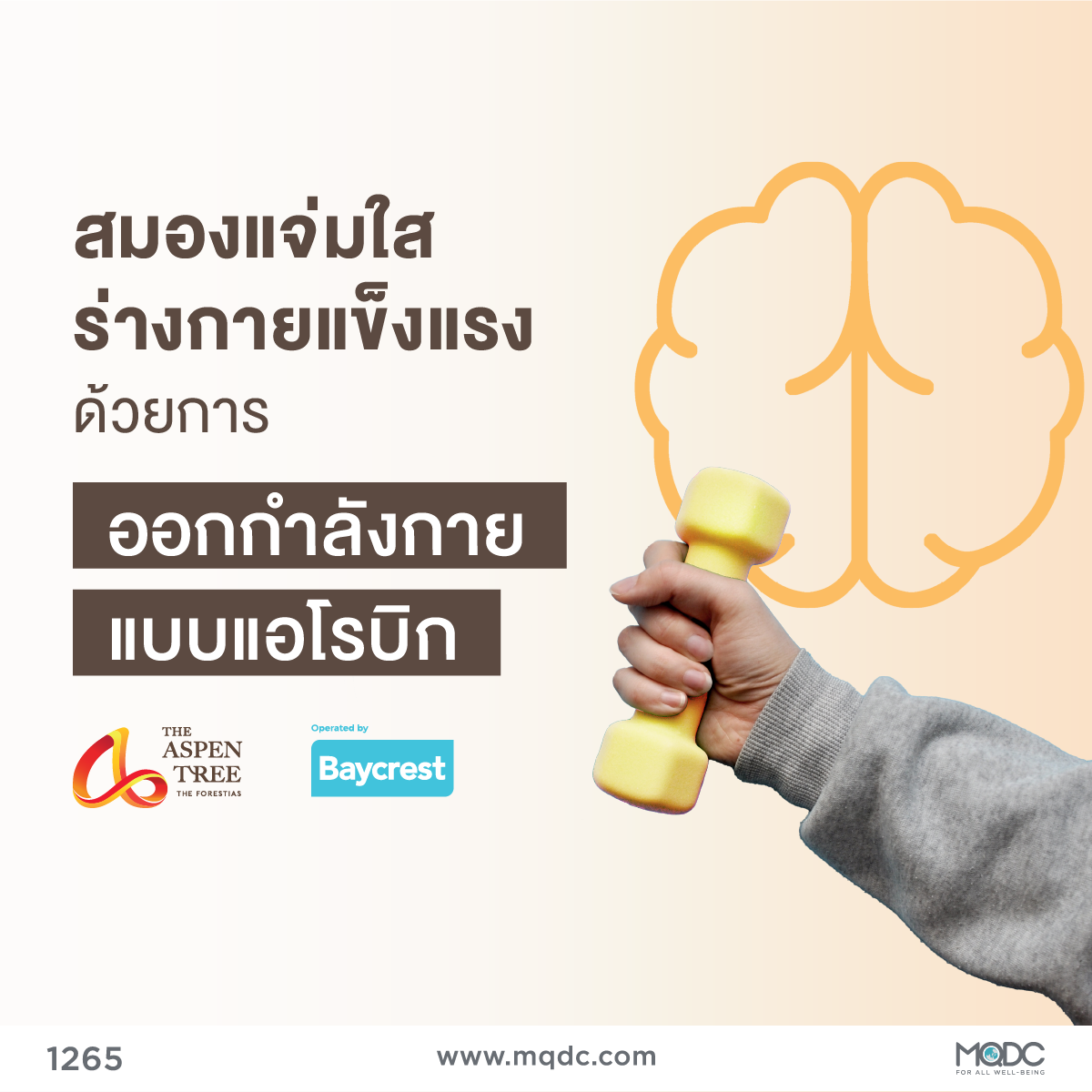As we get older, we may start to notice it takes us longer to find the right words. This can lead to concerns about cognitive decline and dementia.
However, a new study by Baycrest and the University of Toronto suggests that talking speed is a more important indicator of brain health than difficulty finding words, which appears to be a normal part of aging. This is one of the first studies to look at both differences in natural speech and brain health among healthy adults.
“Our results indicate that changes in general talking speed may reflect changes in the brain,” says Dr. Jed Meltzer, Baycrest’s Canada Research Chair in Interventional Cognitive Neuroscience and the lead author on this study. “This suggests that talking speed should be tested as part of standard cognitive assessments to help clinicians detect cognitive decline faster and help older adults support their brain health as they age.”
Checking Brain Function with the Speed of Speech
In this study, 125 healthy volunteers aged 18 to 90 completed three different assessments. The first was a picture-naming game, in which they had to answer questions about pictures while ignoring distracting words they heard through headphones. For example, when looking at a picture of a mop, they might be asked, “Does it end in ‘p’?” while hearing the word “broom” as a distraction. In this way, the researchers were able to test the participants’ ability to recognize what the picture was and to recall its name.
Next, participants were recorded as they described two complex pictures for 60 seconds each. Their language performance was then analyzed using Artificial Intelligence-based software, in partnership with Winterlight Labs. Among other things, researchers examined how fast each participant spoke and how much they paused.
Finally, the research participants completed standard tests to assess mental abilities that tend to decline with age and are linked to dementia risk – namely, executive function, which is the ability to manage conflicting information, stay focused and avoid distractions.
How Speech Reflects Changing Brain Health
As expected, many abilities declined with age, including word finding speed. Surprisingly, although the ability to recognize a picture and recall its name both worsened with age, this was not associated with a decline in other mental abilities. The number and length of pauses participants took to find words was not linked to brain health. Instead, how fast participants were able to name pictures predicted how fast they spoke in general, and both were linked to executive function. In other words, it wasn’t pausing to find words that showed the strongest link to brain health, but the speed of speech surrounding pauses.
Although many older adults are concerned about their need to pause to search for words, these results suggest this is a normal part of aging. On the other hand, slowing down of normal speech, regardless of pausing, may be a more important indicator of changes to brain health.
In future studies, the research team could conduct the same tests with a group of participants over several years, to examine whether speed speech is truly predictive of brain health for individuals as they age. In turn, these results could support the development of tools to detect cognitive decline as early as possible, allowing clinicians to prescribe interventions to help patients maintain or even improve their brain health as they age.
This research was supported by a Discovery Grant from the Natural Sciences and Engineering Research Council of Canada (NSERC), an Internship Grant from the Mitacs Accelerate Program and a Connaught Innovation Award.
A Healthy Body, Mind, and Brain Is the Best Gift at 50+ at The Aspen Tree at The Forestias Operated by Baycrest with “Holistic Lifetime Care”
As an older adult, you need to look after your brain and speech and protect your nervous system. Live the free time of life to the full with a lifestyle that safeguards you body and mind in a warm community at The Aspen Tree at The Forestias operated by Baycrest.
New medical knowledge is constantly being discovered to boost your quality of life in all aspects as an older adult. Surround yourself with the ideal environment with healthcare experts on hand to enjoy great quality of life and live life to the full with meaning and without worry. This concept inspires The Aspen Tree at The Forestias, designed and developed with research leaders and Canada’s world-leading Baycrest Crest to meet every need of older adults. You can live in a multigeneration community in The Forestias with comprehensive health and care (Holistic Lifetime Care). Full facilities and the Health & Wellness program enhance your lifestyle with activities such as yoga, swimming, singing, playing music, meditation, outdoor activities, hydrotherapy, and much more to keep your body, mind, and brain in great shape.
The Aspen Tree at The Forestias also has a Health & Brain Center to safeguard your health and wellness. The center’s experts can delay the onset of dementia and provide care to overcome brain and memory problems. A team of healthcare specialists is on hand 24 hours a day to keep you safe and well in every aspect.
Live free from cares in the free time of live... Let’s find the perfect life together.
Find out more CLICK https://mqdc.com/aspentree
Call 1265
LINE OA: @TheAspenTree or CLICK https://mqdc.link/3Emhkde
Source:
https://www.baycrest.org/Baycrest-Pages/News-Media/News/Research/May-I-have-a-quick-word-Study









